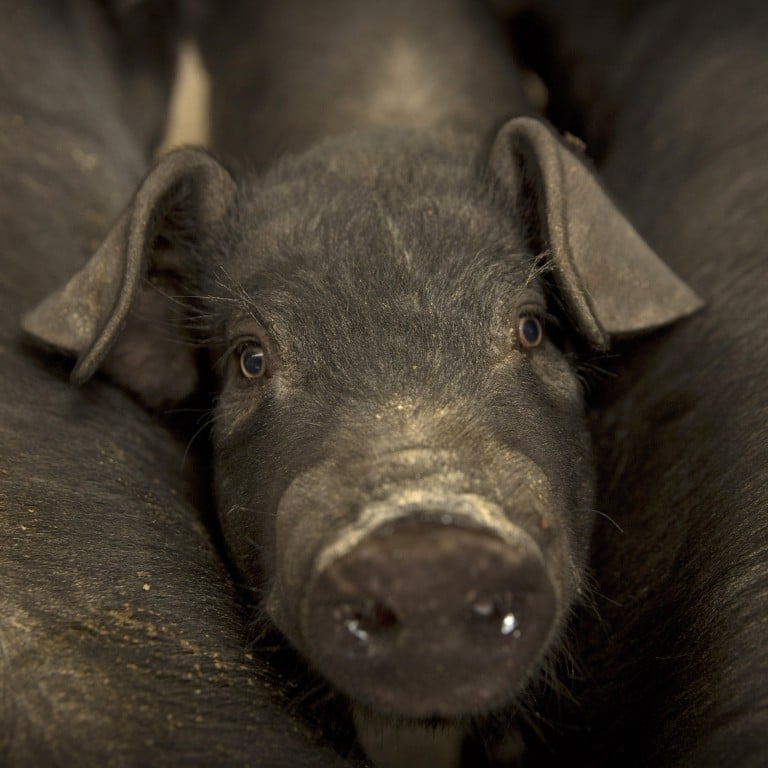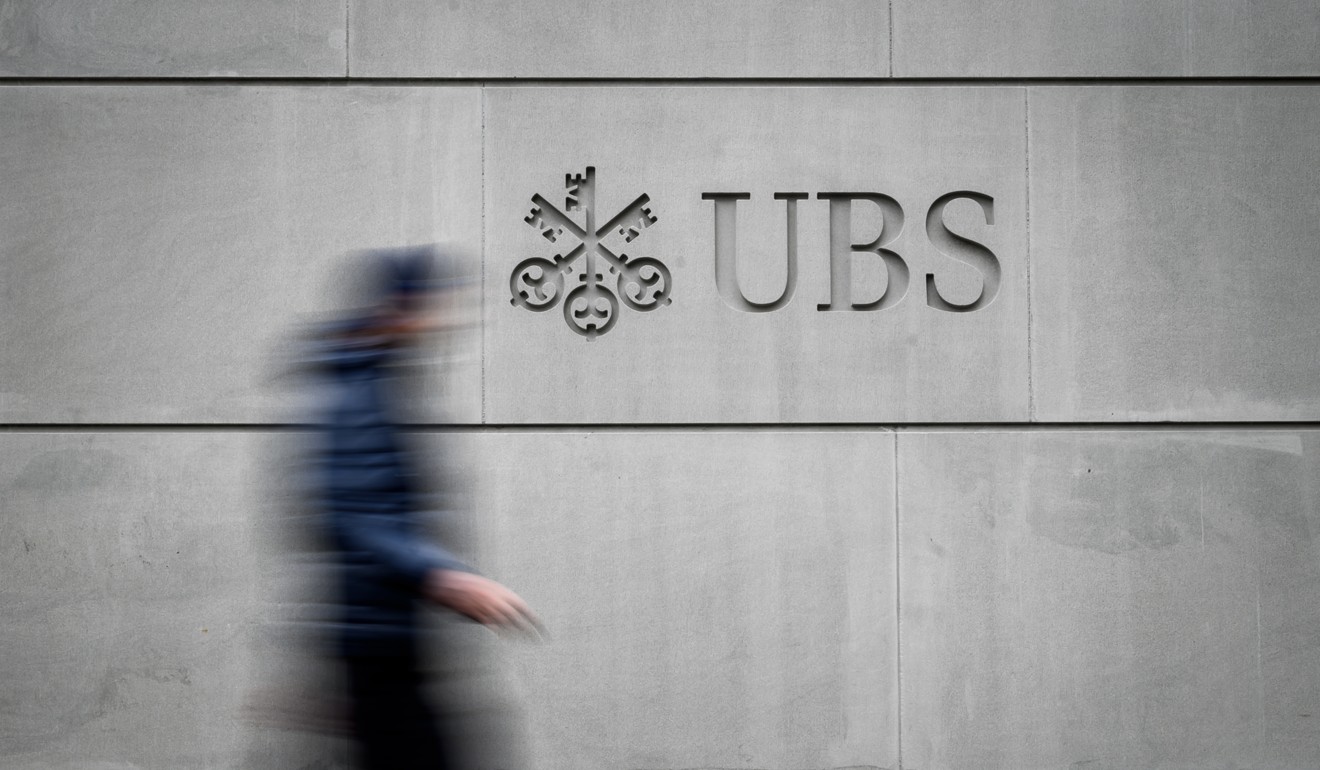
‘Chinese pig’ remark lands UBS in trouble as state firm excludes Swiss bank from bond sale
- China Railway Construction Corp decides against hiring UBS
- UBS economist Paul Donovan made the ‘Chinese pig’ comment in an analysis of the country’s African swine fever epidemic, but has since apologised for the culturally insensitive language
One of China’s biggest state-owned infrastructure companies excluded UBS Group from a bond deal after the bank’s global chief economist sparked a furore with his use of the phrase “Chinese pig”.
China Railway Construction Corp decided against hiring UBS as a joint global coordinator on a dollar-bond sale, a CRCC spokesman said. The decision was prompted by last week’s pig remark, sources said earlier. UBS declined to comment.
CRCC is the first known corporate issuer to distance itself from UBS over a drama that has captivated financial professionals around the world and threatened to complicate the Swiss bank’s push into Asia’s largest economy.
While lost fees from the deal will have a negligible impact on the bank’s bottom line, the signalling effect from a major state-owned company is potentially more concerning as UBS tries to prevent the uproar from damaging its investment-banking and wealth-management businesses.

The stakes are high for UBS, which has had a presence in China longer than most Wall Street firms and was the first foreign business to win approval for a majority shareholding in a local securities venture after the country relaxed ownership rules.
Most wealth managers still serve China’s rich from offshore centres such as Hong Kong and Singapore, but the nation’s massive pool of onshore money, estimated at around US$20 trillion, is a huge prize for the industry.
CRCC hired Citigroup, HSBC Holdings and ICBC International as joint global coordinators for its bond sale, sources said last week.

UBS economist Paul Donovan made the “Chinese pig” comment on Wednesday in an analysis of the country’s African swine fever epidemic. He was attempting to explain why the outbreak should not concern investors eyeing the international inflation outlook.
“Does this matter? It matters if you are a Chinese pig,” the economist said. “It matters if you like eating pork in China. It does not really matter to the rest of the world. China does not export a lot of food. The only global relevance would be if Chinese inflation influenced politics and other policies.”
Even as many English speakers viewed the phrasing as innocuous, it set off a firestorm on Chinese social media. The comment was condemned by two Communist Party publications and by trade groups representing Chinese brokerages. Haitong International Securities Group, which competes against UBS for China-related business, said on Friday that it had suspended its activities with the bank.
Donovan apologised, saying in an interview with Bloomberg Television that he unwittingly used culturally insensitive language. UBS later placed the 47-year-old economist on leave and said it was evaluating whether more steps needed to be taken.
“We apologise unreservedly for any misunderstanding caused by these innocently intended comments,” UBS said in an emailed statement. “We have removed the audio comment from circulation. To be clear, this comment was about inflation and Chinese consumer prices rising, which was driven by higher prices for pork.”
UBS shares fell almost 1 per cent last week, outpacing losses among European peers and extending declines over the past year to 24 per cent.

